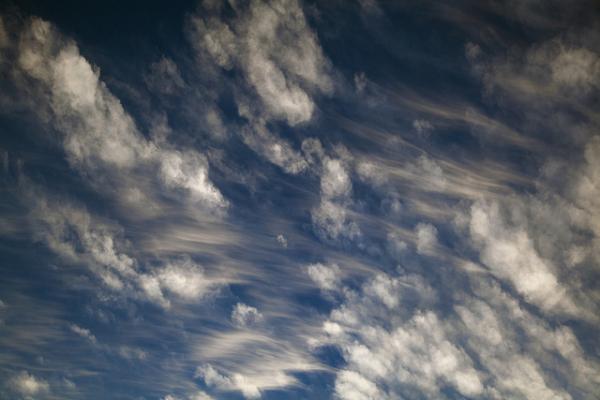What kinds of “things,” relations, and senses make or unravel a self that we might describe as “religious”? This panel examines how and where experience has been sensed and made sense of through both the material and the ephemeral. It explores how clothing, smells, dogs, and other materials have crafted, preserved, improved, and undone (notions of) religious selves by tracking engagements with spiritual and material goods. Our panelists explore how “things” could mediate the interaction with the beyond and engage individuals and collectivities in different social and economic landscapes in late-medieval England, early modern Kongo, and contemporary Lebanon.
Panelists include:
Charly Coleman (Assistant Professor, History, Columbia University)
Roxana Aras (PhD Student, Anthropology & History, University of Michigan)
Richard Reinhardt (PhD Student, Anthropology & History, University of Michigan)
Taylor Sims (PhD Student, History, University of Michigan)
Howard Brick (chair; Louis Evans Professor of History; Director, Eisenberg Institute for Historical Studies, University of Michigan)
Free and open to the public. Lunch provided.
This event is part of the Friday Series of the Eisenberg Institute for Historical Studies. It is made possible by a generous contribution from Kenneth and Frances Aftel Eisenberg.
Image: "El tiempo" (Robert Couse-Baker, CC BY 2.0).
Panelists include:
Charly Coleman (Assistant Professor, History, Columbia University)
Roxana Aras (PhD Student, Anthropology & History, University of Michigan)
Richard Reinhardt (PhD Student, Anthropology & History, University of Michigan)
Taylor Sims (PhD Student, History, University of Michigan)
Howard Brick (chair; Louis Evans Professor of History; Director, Eisenberg Institute for Historical Studies, University of Michigan)
Free and open to the public. Lunch provided.
This event is part of the Friday Series of the Eisenberg Institute for Historical Studies. It is made possible by a generous contribution from Kenneth and Frances Aftel Eisenberg.
Image: "El tiempo" (Robert Couse-Baker, CC BY 2.0).
| Building: | Tisch Hall |
|---|---|
| Event Type: | Workshop / Seminar |
| Tags: | History |
| Source: | Happening @ Michigan from Eisenberg Institute for Historical Studies, Department of History |
The Thursday Series is the core of the institute's scholarly program, hosting distinguished guests who examine methodological, analytical, and theoretical issues in the field of history.
The Friday Series consists mostly of panel-style workshops highlighting U-M graduate students. On occasion, events may include lectures, seminars, or other programs presented by visiting scholars.
The insitute also hosts other historical programming, including lectures, film screenings, author appearances, and similar events aimed at a broader public audience.


